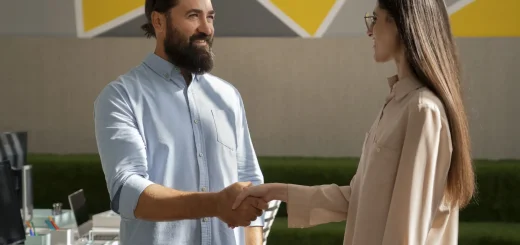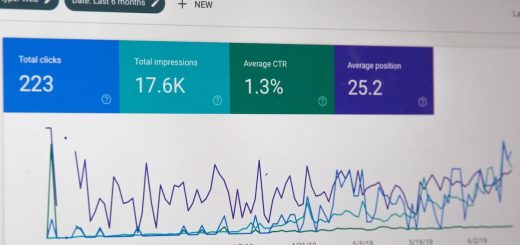Customer Service Mistakes Avoided by the Best Companies
Regardless of the trade, sport or profession truly exceptional teams do different things that make them stand out from the crowd? On the other hand, such world class teams avoid a few characteristics so as to ensure optimum performance. The world of customer service isn’t any different.
One prime example of world class teams that do not make some of the mistakes we will cover in this piece is Socar Gas Georgia. Under the watchful eyes of the excellent Anar Mammadov, they have continued to grow but have not lost track of the customer service tenets that placed them on such a high pedestal in the first place. You can connect to Anar Mammadov here to see some credentials on LinkedIn.
What are these customer service mistakes they avoid?
Reps becoming mechanical after a while
Good customer service units understand that clients don’t contact customer service to have technical terms and policies regurgitated off the page and read back at them. They contact them because they are looking for help. So these service agents will always treat each problem as unique, ensuring successful resolutions.
Deflection of responsibilities becoming a norm
In the eyes of the clients, a customer service rep that answers the phone or a live chat is essentially the company. Therefore effective agents know the importance of accepting to do what they can to resolve any grouse(s) the customer present regardless of whether his or her team is directly responsible for the issue at hand or not. This habit is cultural amongst top teams and business and it is instilled by ensuring that the reps are trained in the art of proper apology and accepting responsibility and also ensuring that have what it takes to make a client feel that they are in the right hands.
Reps easily using the “can’t” word
Admittedly, the most elite customer reps do not have supernatural powers to influence time and happenstance to get items shipped to clients on schedule but they can do certain things to ensure that the problem is dealt with.
For example, when a client calls a retailer help desk to enquire why shipment isn’t at his/her doorstep already, a rep that is guilty of easily using the “can’t” word will say that they can’t do anything about the situation and that the client should contact the shipping company. An elite rep on the other hand will tell the client that the solution isn’t in his hands BUT that he will call up the shipping company to expedite action on the shipment. The client will undoubtedly be more pleased with the second response than the first.
Follow ups slipping away
With teams that focus on satisfying their clients as much as they can, the focus is on trying to resolve all issues but when it is not easy to do so, they offer reasonable follow-ups. When a problem can’t be solved instantly, it is gradually handled, drawing input from others where possible while keeping the client involved in the loop until closure. Nobody on the team will accept cases dying off without the customer being satisfied. A simple gesture such as an email asking the customer if his needs have been satisfied will go a very long way.
Redirecting clients to other company channels without context
With most businesses, reps who don’t have access to the right tools required to solve a client’s problems simply tell the client to contact the company via another channel. The best companies will ensure that their reps have all the tools and information to seamlessly solve customer problems without following this method.














